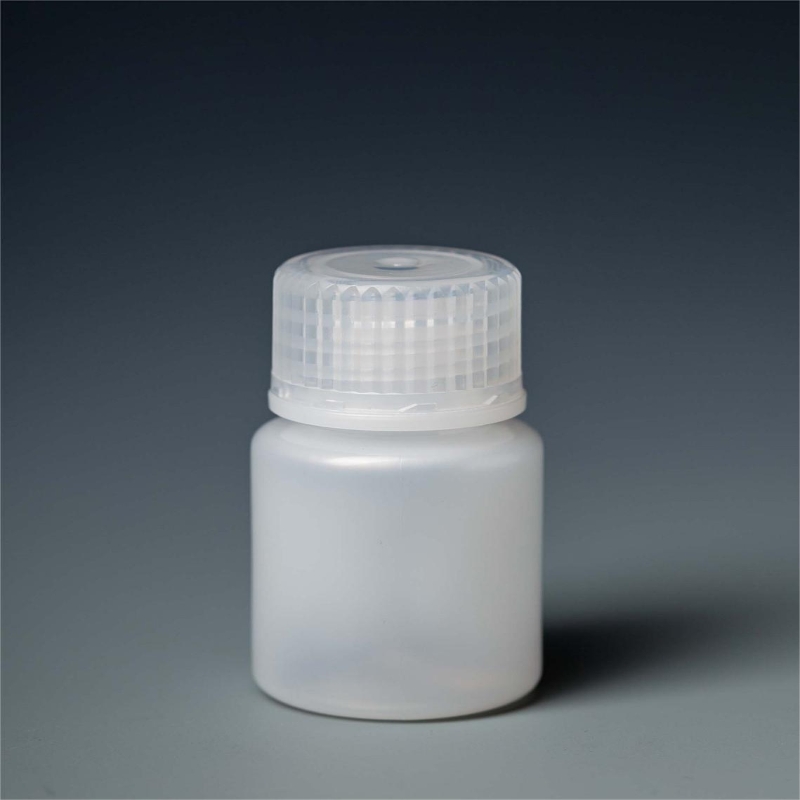-
Categories
-
Pharmaceutical Intermediates
-
Active Pharmaceutical Ingredients
-
Food Additives
- Industrial Coatings
- Agrochemicals
- Dyes and Pigments
- Surfactant
- Flavors and Fragrances
- Chemical Reagents
- Catalyst and Auxiliary
- Natural Products
- Inorganic Chemistry
-
Organic Chemistry
-
Biochemical Engineering
- Analytical Chemistry
-
Cosmetic Ingredient
- Water Treatment Chemical
-
Pharmaceutical Intermediates
Promotion
ECHEMI Mall
Wholesale
Weekly Price
Exhibition
News
-
Trade Service
12, 2020 // -- In a recent study published in the international journal Science Advances, scientists from the University of Illinois and others found that a drug commonly used to treat rare enzyme deficiency may help cells remove herpes simplex viruses 1 and 2 (HSV).
researchers say that when used with axiovir, a commonly used HSV-1 therapy, the antiviral activity of a drug called PBA (PBA, phenylbutyrate) may perform better;
researcher Deepak Shukla says there are very few drugs to treat herpes simplex viruses, so when new drugs appear, especially those that reduce side effects, it may be a study that scientists are interested in.
is highly toxic to the kidneys, especially when used in higher doses to treat HSV-induced encephalitis, which is rare but can be fatal.
by combining acelove with PBA, researchers need fewer acelove to effectively treat HSV-1 infections.
Photo Source: University of Illinois Chicago Researchers say HSV-1 can infect the eyes and mouth, which is the main cause of blindness, while HSV-2 can induce genital infections and possibly painful ulcers that can seriously affect a patient's quality of life.
treatments for both herpes simplex virus infections usually include the use of the oral drug axiovir, however long-term medication often leads to drug tolerance and kidney damage. In the
study, researcher Shukla and colleagues investigated the antiviral effects of PBA and found that in cells, the drug interferes with the virus's ability to intercept hosts and the proteins it is used to produce;
host cells also continue to produce proteins for their own use, which can cause a lot of stress in the cell's endoblast network, the cell that makes proteins.
researcher Tejabhiram Yadavalli said: 'We found that PBA reduces the pressure on the endoblast, allowing cells to focus on removing their own viruses.
In cells, PBA was able to remove HSV-1 alone from donated human corneal cells or human skin tissue, just like axiovir, and in mouse models infected with HSV-1 in the eye, PBA treatment was given through the abdominal cavity to remove the virus from the eyes of mice.
in animal models of HSV-2 vaginal infection, there was no sign of HSV-2 virus in the tissues of mice treated with PBA, similar to the symptoms in mice treated with acelove.
When the researchers combined PBA with axiovir to treat cells infected with HSV-1, they found that the combination of the drug may be faster and better able to completely remove the virus from infected cells than using a single drug.
In addition, in HSV-induced encephalitis mouse models, PBA or axiovir alone may significantly reduce cell mortality, but PBA and axiovir combinations can prevent death in all mice treated with a combination of drugs.
The researchers concluded that PBA is a new treatment for herpes simplex virus infection that may help reduce the side effects of long-term or high-dose use of axlove, which has now been approved by the FDA to treat a rare enzyme deficiency syndrome, meaning that we can later develop new combination therapies to treat infections caused by herpes simplex virus.
original source: Tejabhiram Yadavalli, Rahul Suryawanshi, Raghuram Koganti, et al. Standalone or combinatorial phenylbutyrate therapy shows excellent antiviral activity and mimics CREB3 silencing, Science Advances (2020). DOI:10.1126/sciadv.abd9443。







